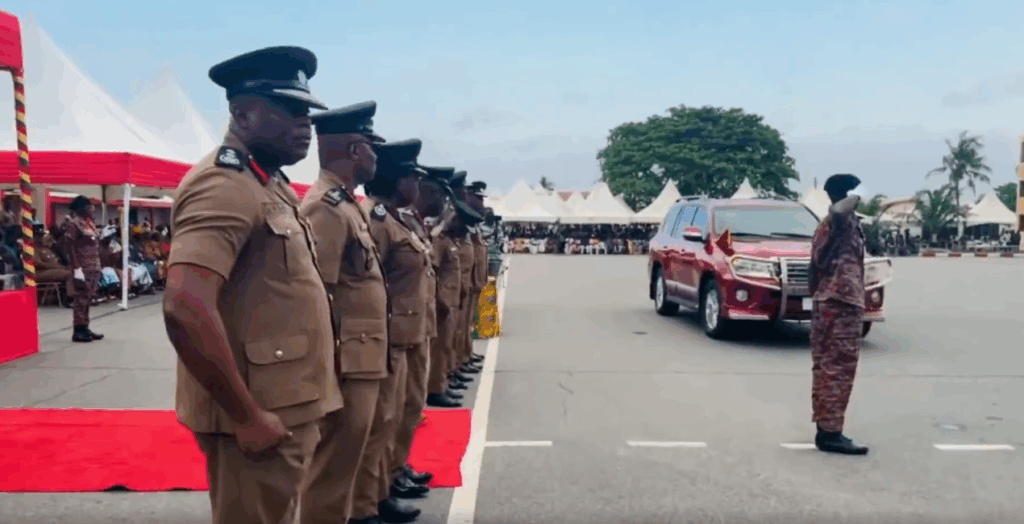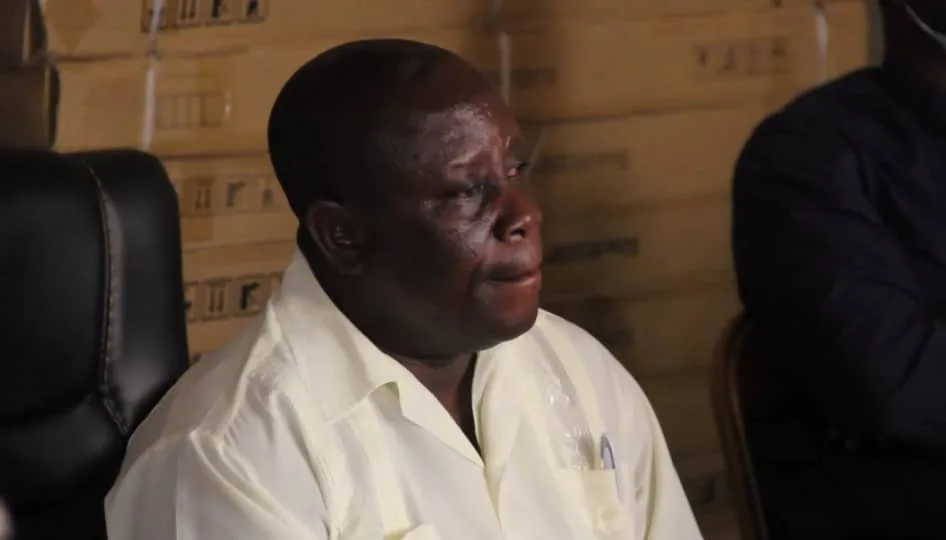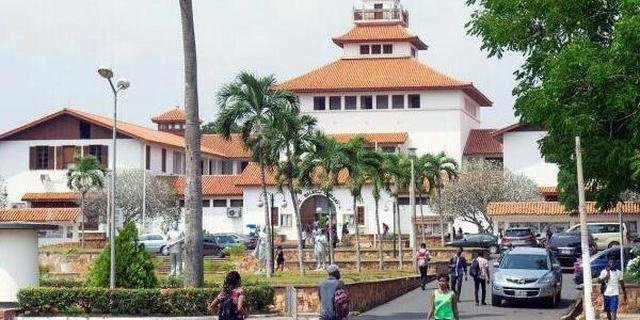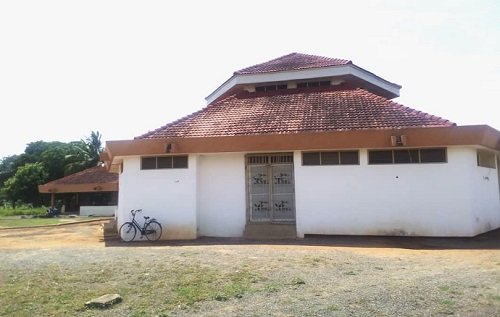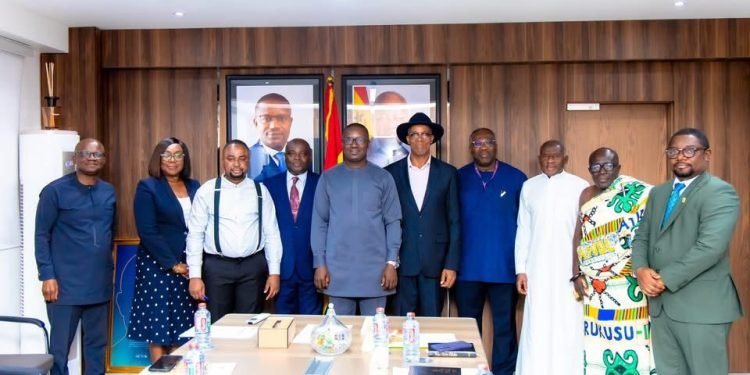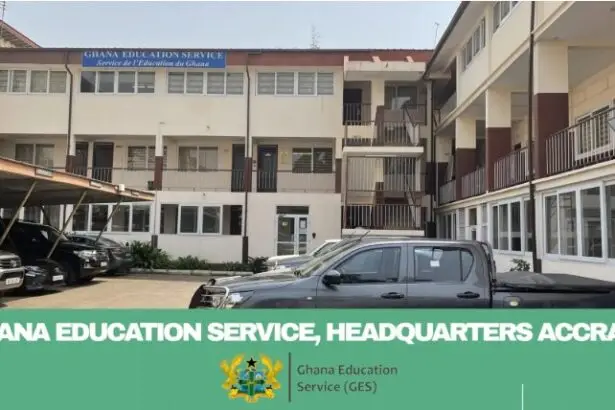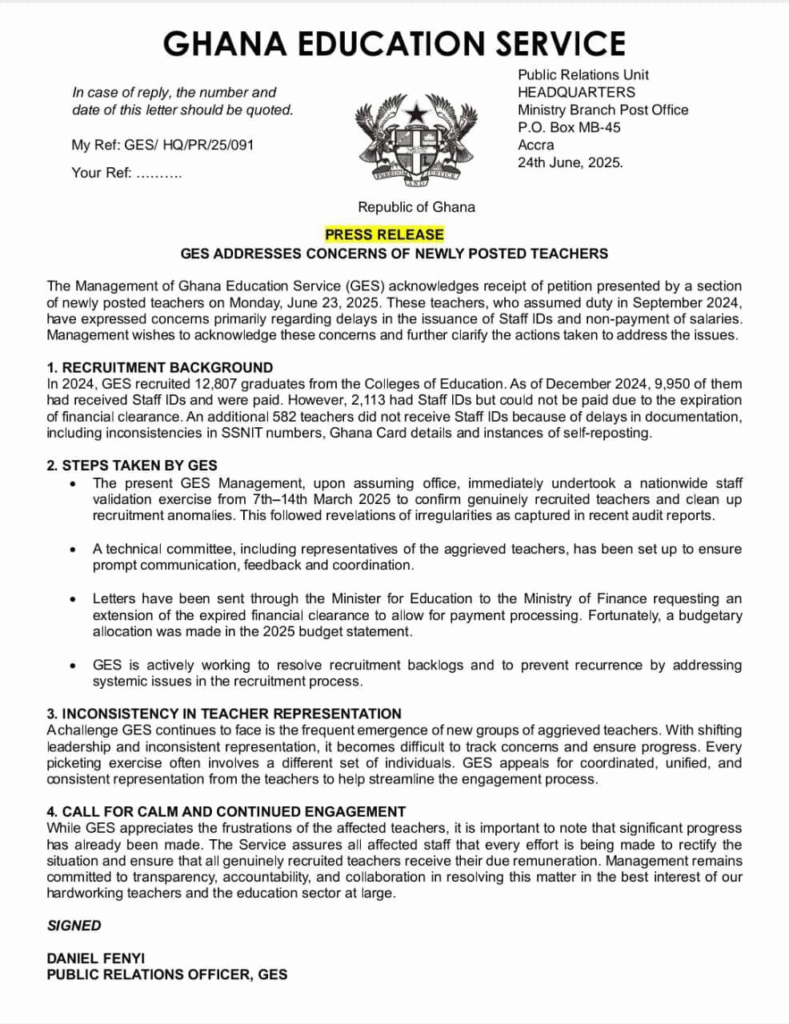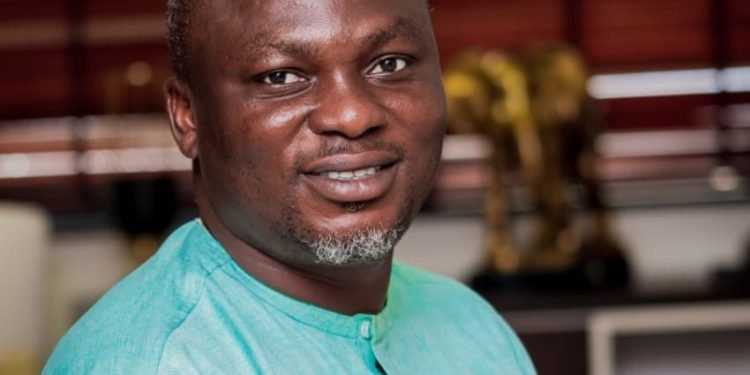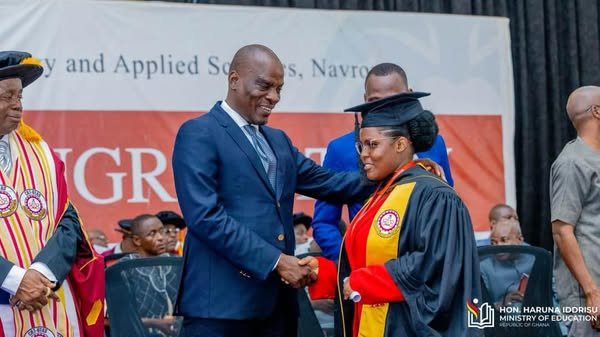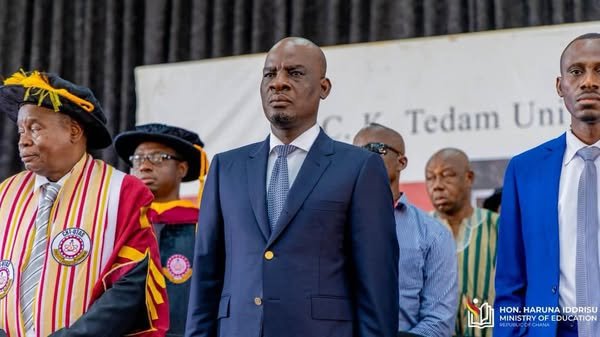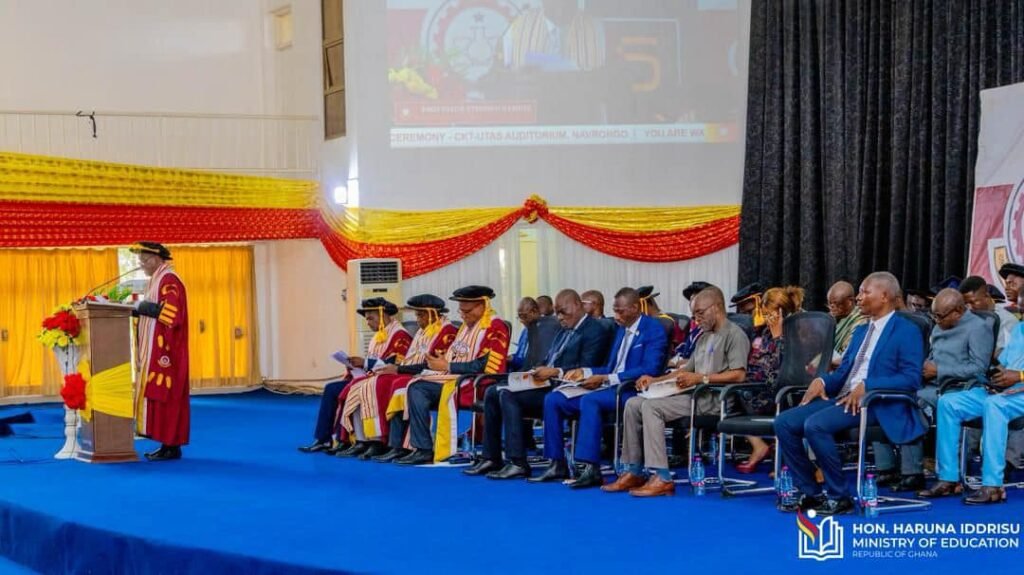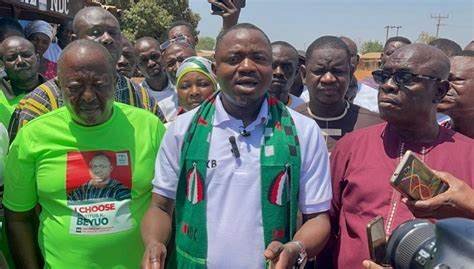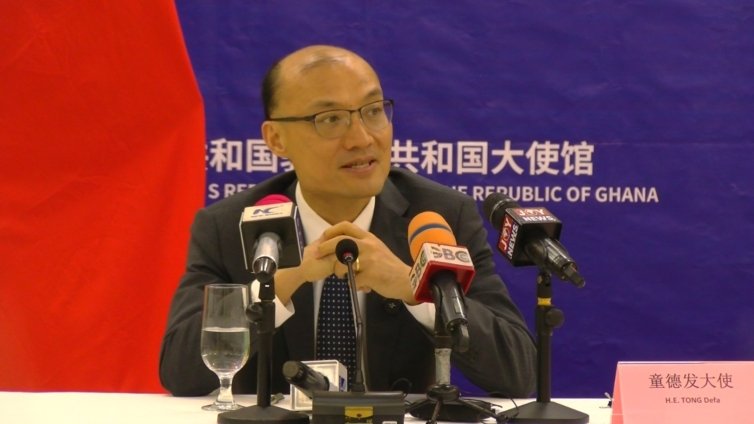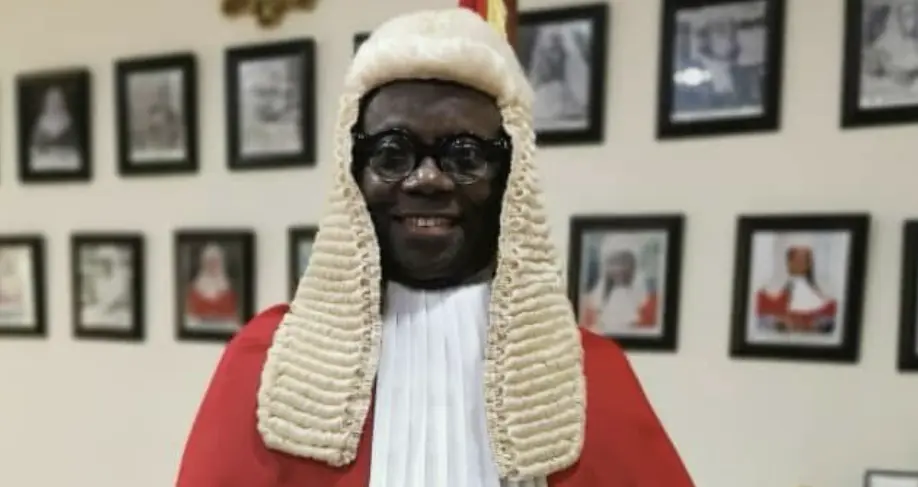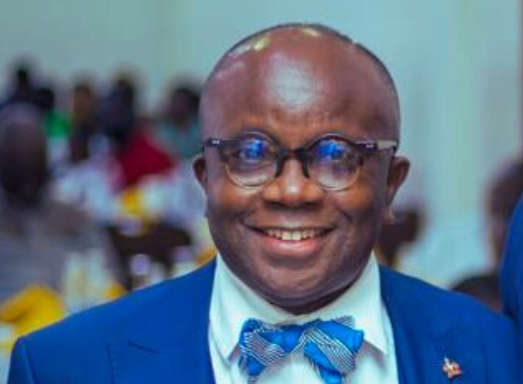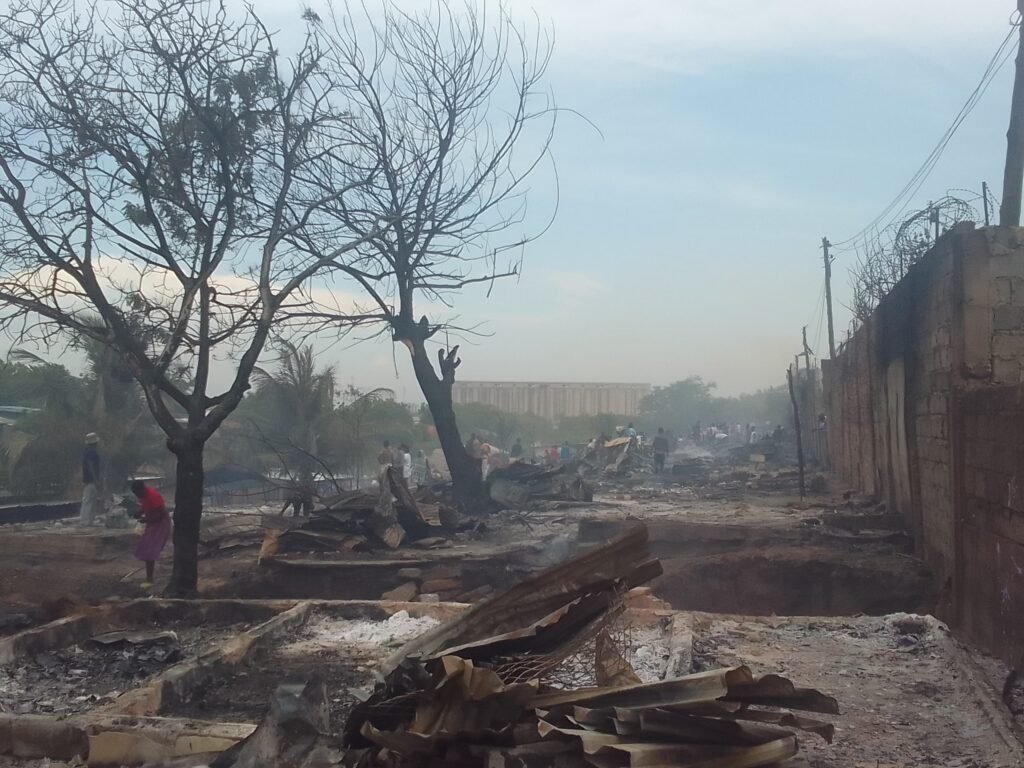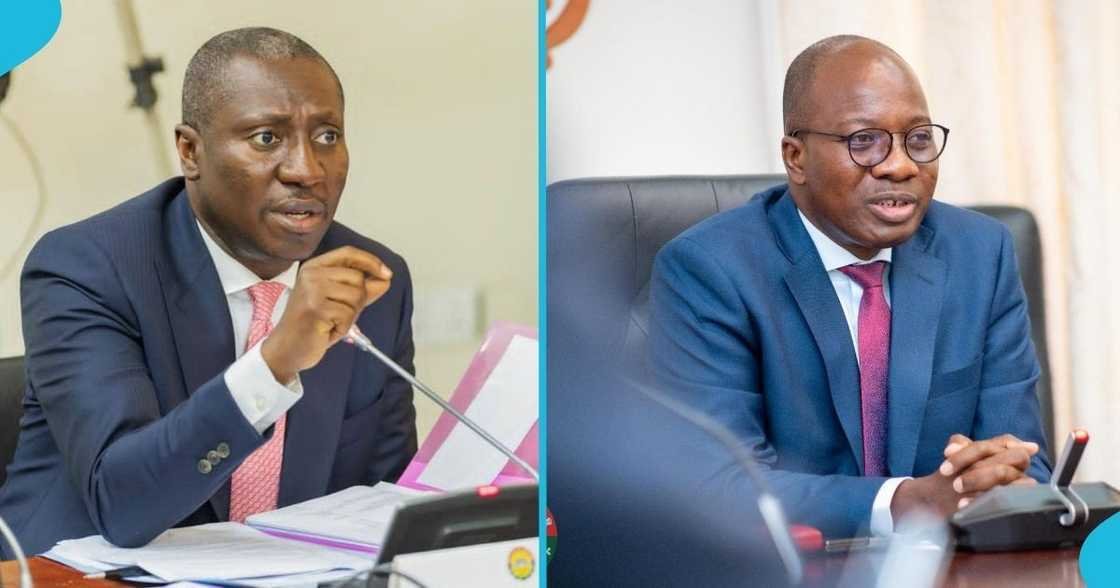Supreme Court Judge nominee, Justice Kweku T. Ackaah-Boafo, has opposed the practice of some parents giving their underage daughters in marriage.
Appearing before the Parliament’s Appointments Committee on Friday, June 20, he indicated that every Ghanaian girl child deserves the opportunity to access education.
He advocated for changes in the law to better safeguard the rights of vulnerable girls.
“The girl child should have the opportunity to be educated and develop her talent, so that when you place a child into a marriage against their wishes, it is certainly a no-no.
“So I do not believe that children should be put in marriage at a tender age. Every child should have the opportunity to develop their talents, and if there is a need for us to regulate that through law, I am all for it. But I think many of these things come with education rather than just law,” he concluded.
The Appointments Committee of Parliament on Friday, dismissed a petition filed that sought to prevent the vetting of one of President John Dramani Mahama’s Supreme Court judge nominees, Justice Kweku T. Ackaah-Boafo.
The petition was brought before the Parliament’s Appointments Committee on Thursday, June 19, by an acclaimed international human rights activist, Anthony Kwabenya Rau, who levels serious allegations of judicial bias against the nominee.
The dramatic development prevented Justice Ackaah-Boafo from being vetted on Thursday and sought to ruin his promotion to Ghana’s highest court.
But his vetting resumed today, making him the last person to appear before Parliament’s Committee for interrogation.
Addressing the media, Chairman of the Appointments Committee, Bernard Ahiafor, described the petition as “frivolous, vexatious, and a complete abuse of process,” thereby dismissing it.
He based the decision on Article 127(3) of the 1992 Constitution, which protects judges from legal action regarding their judicial conduct.
Minority Leader Alexander Afenyo-Markin, also condemned the increasing trend of using baseless allegations to publicly tarnish the reputations of accomplished individuals.
“I am in agreement with the views you’ve expressed for and on behalf of this committee,” he said. “Indeed, as a country, we need to veer off from trivialities and situations where we subject people’s reputation to undue public ridicule.”
“I am happy that this committee has boldly stood up for democracy and the rule of law in helping deal with matters as frivolous as what came before us,” he added.
The petition alleges Justice Ackaah-Boafo used unprintable words during past court proceedings, emphasizing extreme bias.
Mr Rau questioned Justice Ackaah-Boafo’s legitimacy to serve at the Supreme Court, labeling him a “so-called Messiah international Human Rights Activist”.
“For me, he will be a disaster at the Supreme Court if approved (sic) for the international and national interest of the republic. These are my reasons to petition the vetting committee not to approve this particular judge,” parts of the petition read.
According to the petitioner, Justice Ackaah-Boafo “insulted and attacked” him during a court hearing, which he claims is undeniable evidence of bias and corruption.
He called Justice Ackaah-Boafo “arrogant, biased, power-drunk, an abuser of human rights (sic) and supportive of corruption.”
The Appointments Committee referred the complaint to Speaker Bagbin for further review. As per Parliament’s Standing Order 99, petitions received must undergo a 30-day inquiry to ensure they are not “frivolous or vexatious.”
So far, all President Mahama’s nominees, Justice Sir Dennis Dominic Adjei, Justice Gbiel Simon Suurbaareh, Justice Senyo Dzamefe, Justice Philip Bright Mensah, Justice Janpere Bartels-Kodwo, Justice Hafisata Ameleboba and Justice Kweku T. Ackaah-Boafo have been vetted.
Their vetting comes after the Speaker of Parliament Alban Kingsford Sumana Bagbin on May 27 referred the nominees to the Appointments Committee for vetting and subsequent approval.
This is in accordance with Article 144(2) of Ghana’s 1992 Constitution, which mandates that Supreme Court nominees undergo parliamentary scrutiny before their appointments are confirmed.
The Appointments Committee, is chaired by Bernard Ahiafor, and assisted by Emmanuel Armah-Kofi Buah.Other members of the committee also include, Alexander Afenyo-Markin (Ranking Member), Patricia Appiagyei (Deputy Ranking Member), Mahama Ayariga (Majority Leader), Agnes Naa Momo Lartey, Frank Annoh-Dompreh, Patrick Yaw Boamah, Shaibu Mahama, Alhassan Umar, Kwame Governs Agbodza.
About the nominees
Justice Sir Dennis Dominic Adjei – A Court of Appeal judge since 2010, he was elected to the African Court on Human and Peoples’ Rights in 2022 for a six-year term. He has served as Director of the Judicial Training Institute and Dean of the Faculty of Law at GIMPA. He is an Adjunct Professor of Law at multiple universities.
Justice Gbiel Simon Suurbaareh – Appointed to the Court of Appeal in 2010, he previously served as the Supervising High Court Judge in the Eastern Region and is known for his expertise in constitutional and administrative law and represents Court of Appeal judges on Ghana’s Judicial Council.
Justice Senyo Dzamefe – A Court of Appeal judge since 2010, he chaired the Dzamefe Commission, which investigated Ghana’s performance at the 2014 FIFA World Cup. He was elected President of the Association of Magistrates and Judges of Ghana (AMJG) in 2018.
Justice Kweku Tawiah Ackah-Boafo – A Court of Appeal judge, has emphasised the need for legal education reforms and has advocated for the integration of artificial intelligence into Ghana’s legal system to enhance efficiency and transparency.
Justice Philip Bright Mensah – Known for his contributions to appellate jurisprudence, he recently presided over a Court of Appeal panel that directed the Accra High Court to adopt proceedings from a previous trial in the Republic vs. Stephen Kwabena Opuni case.
Justice Janpere Bartels-Kodwo – A Court of Appeal judge, he has been nominated to strengthen the Supreme Court’s capacity amid increasing demands on Ghana’s judiciary.
Justice Hafisata Ameleboba – A Court of Appeal judge, she has been involved in key judicial decisions and reforms. Her nomination is expected to bring diversity and expertise to the Supreme Court.



